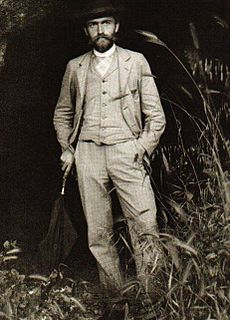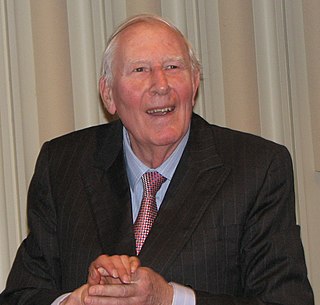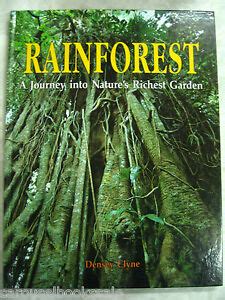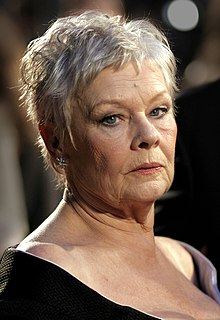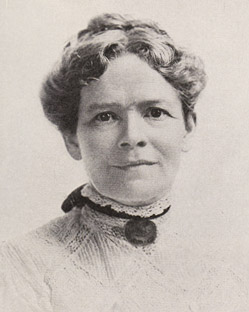A Quote by Karl Blossfeldt
Nature educates us into beauty and inwardness and is a source of the most noble pleasure.
Related Quotes
The scientist does not study nature because it is useful to do so. He studies it because he takes pleasure in it, and he takes pleasure in it because it is beautiful. If nature were not beautiful it would not be worth knowing, and life would not be worth living. I am not speaking, of course, of the beauty which strikes the senses, of the beauty of qualities and appearances. I am far from despising this, but it has nothing to do with science. What I mean is that more intimate beauty which comes from the harmonious order of its parts, and which a pure intelligence can grasp.
It is not so much in buying pictures as in being pictures, that you can encourage a noble school. The best patronage of art is not that which seeks for the pleasures of sentiment in a vague ideality, nor for beauty of form in a marble image, but that which educates your children into living heroes, and binds down the flights and the fondnesses of the heart into practical duty and faithful devotion.
Art on the contrary sought this harmony in practice [of art itself]. More and more in its creations it has given inwardness to that what surrounds us in nature, until, in Neo-Plasticism, nature is no longer dominant. This achievement of balance may prepare the way for the fulfillment of man and signal the end of (what we call) art.
Look at the great athletes, musician, artists, and writers. They all tap into a source. Some call that source God or soul or spirit or consciousness. The Seven Faces of Intention: creativity, kindness, love, beauty, expansion, abundance, and receptivity. And all seven are expressions of what I imagine that source to look like. The very fact that we exist is proof to me that the nature of that source is creative at its core. And there isn't a person reading this who does not have a gnawing sense inside that there's something they're here to do, something creative.
A close contact with nature has been a focus of my life since childhood and has been my inspiration both professionally and personally. I believe that for most of us, most of the time, it is in the everyday experience of beauty, certainly in nature and in music, that we sense a heaven half-revealed and come closest to the true meaning of reality.
There are three things that are the motives of choice and three that are the motives of avoidance; namely, the noble, the expedient, and the pleasant, and their opposites, the base, the harmful, and the painful. Now in respect of all these the good man is likely to go right and the bad to go wrong, but especially in respect of pleasure; for pleasure is common to man with the lower animals, and also it is a concomitant of all the objects of choice, since both the noble and the expedient appear to us pleasant.
